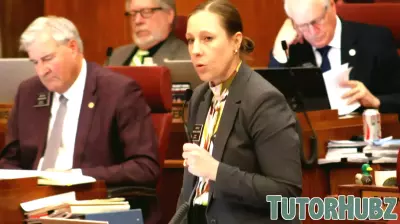March 20, 2025 - 01:48

In the ongoing debate about public education, one critical aspect often overlooked is the necessity of community buy-in for successful reforms. When changes to educational policies are implemented without the backing of the community, they can inadvertently weaken support for public schools.
Many advocates for public education have witnessed firsthand the challenges that arise when reforms are introduced without adequate engagement from parents, teachers, and local stakeholders. These reforms, while well-intentioned, can lead to misunderstandings and resistance, ultimately undermining the very objectives they aim to achieve.
Effective education reform requires a collaborative approach that values the input and concerns of the community. When stakeholders feel heard and involved in the decision-making process, they are more likely to support initiatives that enhance the educational experience for students.
Building strong relationships between schools and the communities they serve is essential for fostering trust and ensuring that public education remains a priority. Without this foundational support, even the best-laid plans for reform may falter, leaving students and educators at a disadvantage.



